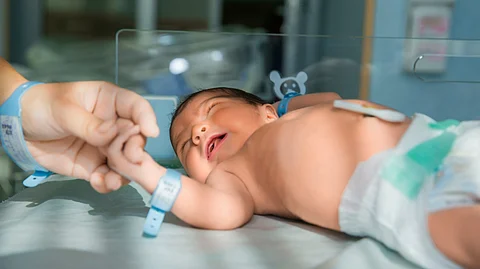An Essential Resource for Newborns in Need
The LMU is expected to serve as a vital resource for newborns in intensive care, including those on ventilators or receiving CPAP (Continuous Positive Airway Pressure) support. Dr. Gupta highlighted that, although there are around 100 milk banks across India, Safdarjung’s LMU would cater to a broader range of infants, particularly those from outside the hospital, in contrast to other milk banks in Delhi, such as those at Kalawati Saran Hospital and AIIMS, which only serve infants born at those hospitals.
Promoting Neurodevelopment and Long-Term Health
Dr. Sandeep Bansal, the Medical Superintendent at Safdarjung Hospital, emphasized that breastfeeding offers significant neurodevelopmental benefits, with studies showing an increase in IQ points in children who are breastfed. He stated that the introduction of the LMU aligns with the hospital’s mission to improve the health and development of newborns.
Dr. Sugandha Arya, the in-charge of the Mother-NICU, shared that India faces a concerning neonatal mortality rate of 20 deaths per 1,000 live births, despite the country having 27 million births annually. She believes that the new facility will significantly reduce neonatal mortality and morbidity at Safdarjung Hospital.
Reducing Preterm Birth-Related Mortality
Dr. Arya also highlighted India’s significant contribution to the global preterm birth burden, noting that cost-effective interventions like breastfeeding could drastically reduce neonatal mortality. She explained that studies show breastfeeding could help reduce mortality rates by up to 75%, with the potential to prevent 160,000 under-five deaths in India each year.
The launch of the LMU at Safdarjung Hospital marks a significant advancement in neonatal care, aiming to improve the survival and long-term health outcomes for thousands of newborns and their families. Through this initiative, the hospital hopes to make a lasting impact on the well-being of newborns in critical care.
(Input from various sources)
(Rehash/Dr. Sreelekshmi P/MSM)


